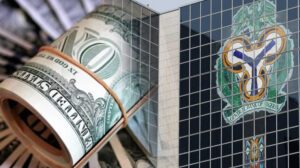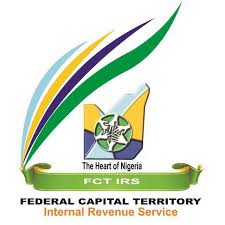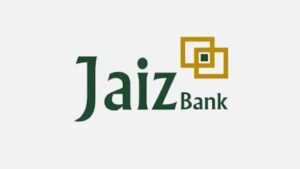

NGX launches impact board to promote sustainable investments
By Esther Agbo
The Nigerian Exchange Limited (NGX) has introduced its Impact Board, a specialised platform designed for listing sustainability instruments, aiming to embed sustainability within Nigeria’s capital market.
This new board was inaugurated on Wednesday during a closing-gong ceremony in Lagos, coinciding with the eighth Green Bond Advisory Group Meeting.
According to a statement from NGX, the Impact Board’s launch follows approval from the Securities and Exchange Commission (SEC).
During the ceremony, Minister of Environment Balarabe Lawal, who co-chairs the Green Bond Advisory Group Meeting, discussed the upcoming Federal Government Green Bond issuance with investors and stakeholders. Lawal emphasised the urgent need for funds to address environmental issues such as flooding, pollution, and deforestation, which necessitates engaging the market.
The event was attended by prominent figures including SEC Director-General Dr. Emomotimi Agama, along with representatives from the Debt Management Office, Ministry of Environment, issuers, and issuing houses.
Dr. Agama expressed SEC’s commitment to supporting the sustainable finance market.
He said, “We are ready to bolster the sustainable finance market, aiming to deepen it with diverse instruments that contribute to Nigeria’s sustainable development.”
The Group Chairman of the Nigerian Exchange Group, Dr. Umaru Kwairanga, highlighted NGX’s capacity and resources.
“We possess the capacity, resources, and technology to raise the funds required by the Federal Ministry of Environment and the Nigerian economy to achieve the goals outlined in the Paris Agreement and the Sustainable Development Goals,” he said.
However, in April, Minister Lawal announced the government’s intention to issue a third green bond to support environmental financing. Nigeria had previously issued its first N10.69 billion green bond with a five-year tenor to fund projects for the development of renewable energy in 2017, becoming the first African country to do so, followed by a second issuance of up to N15 billion in 2019.




